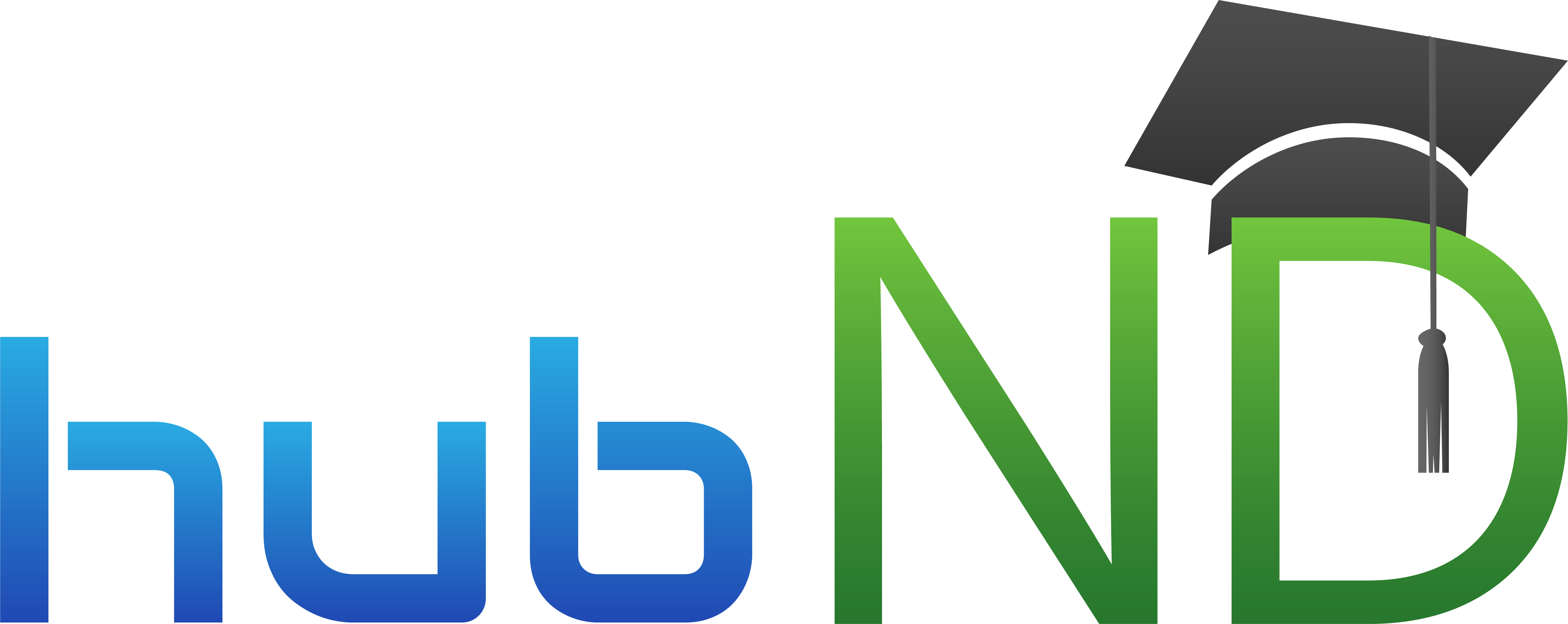Here’s how to use hubND in 3 simple ways. HubND includes a lot of resources and a lot of links. You’re going to explore these links over time and become adept at using them. In the meantime here are 3 simple ways to use hubND as a beginner.
1. Start using the HubND “patient prep” resource every chance you get.
If you are a naturopathic medical student and you are already seeing patients then you’re going to quickly realize how useful this tool can be. It’s currently broken down into 9 sections. When working with a patient I first like to review their condition or their differential diagnoses using UpToDate.com, Medscape.com, and, if i’m in a hurry, FPNotebook.com. Then I make sure I understand all the medications they’re on by looking under the pharmacology heading. Any drug site will work, but in my experience, I have enjoyed using Epocrates the most because it’s so quick and simple. I’ll use UpToDate for drugs too if I need to really dig deep. Now on to research. Sci-hub can get you any article you need. And it links up with google scholar nicely. So if you find an article on pubmed, but only have access to the abstract then copy and paste the DOI or PMID code right into google scholar and Sci-hub will give you the article. Often times I’ll want to research more about a specific condition or case but I’m not in a position to read through articles. That’s when I turn to the helpful resources section and listen or watch some videos. All the YouTube channels I’ve linked to are very helpful in getting you some good ideas on how to help your patient. Now for more fun. The naturopathic section is phenomenal. With probioticadvisor.com, for example, you’ll know the perfect strains of probiotics to give your patient. With examine.com you’ll know how robust of a response you can expect from the specific supplements you prescribe. NDNR, DigitalNaturopath, and Natural Opinion will give good overviews on how to treat your patient. The physical medicine section will get you prescribing the right exercises. All these resources, together with the textbook recommendations will help you come up with some sound treatment plans that you and your patient can be confident in.
2. Explore the podcasts that are the most interesting to you. When you’re ready, become a guest speaker.
Part of the value of your hubND membership is that it enables you to find your naturopathic niche. After graduation you will likely take any patient you can get. You’ll be fairly well equipped to deal with most of the conditions that come your way, but your real financial successes will be determined by your ability to become really good at one or two things. So, for example, if you want to get really good at treating fatigue, then listening to Ari Whitten’s “The Energy Blueprint Podcast” is very important. But don’t worry, it’s not like you are only going to treat just one thing after graduation, but it is true that that one thing will really set you apart from your peers and open up business opportunities that would otherwise be difficult.
For example:
I’ve treated osteoarthritis, rheumatoid arthritis, down syndrome, obesity, chronic UTIs, ear aches, infertility, and many other conditions. The thing that I’ve spent the most time researching, however, is breast cancer screening. I’ve accumulated so much information on mammograms and the statistics of breast cancer deaths and screening data that I’m comfortable calling myself somewhat of an expert on the matter, or at least confident enough that I can go head to head on the subject with any OBGYN or PCP. I’m ready to go onto any health podcast as a guest speaker and focus in on the nitty gritty details of breast cancer screening. Podcasts like that get way better reviews than podcasts where naturopathic doctors or other functional medicine guests just ramble on about general health information.
Being an expert in something will allow you to give information about it that no one else can. You’ll actually site articles and build trust with your audience. So listen to a variety of podcasts, especially those that are interview based, and you’ll likely find your niche. Then, learn everything you can about it and broadcast it to the world. If you’re not ready to go onto the big, popular podcasts then start smaller. Get onto some low key podcasts first. Then get onto podcasts that are still growing. Eventually you’ll work your way up to the top.
3. Click, Click, Click
You’re an expert google searcher. You’ve learned to “control F” your way on various pages to get the info you need. No one can copy and past a phrase from text and then put it into the search bar and click enter quite as fast as you can. In this world of massive information, you’ve learned to sift through it like a boss. Unfortunately you’ve probably also wasted a lot of time visiting sites that led you nowhere. You’ve probably googled terms, phrases, and questions that yielded poor results. HubND is meant to give you more direct sources. It brings podcasts, conferences, books, apps, and websites right to your fingertips. It’s still a lot of info, though, and until you know what each link is all about, you’ll have to explore. So click on them. They’re all good. Use those rapid clicking skills and explore each link. Discover what’s all here at hubND.org and become a master user.
